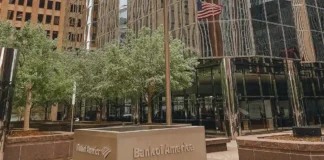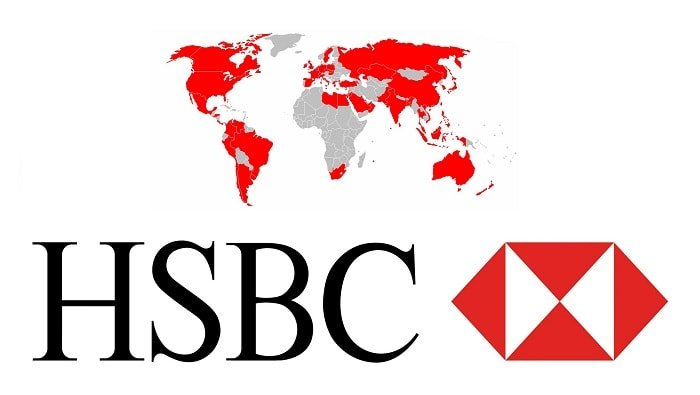The HSBC Trinkaus & Burkhardt Group (“HSBC Germany”) continued to grow in the 2017 financial year, gaining further market shares in the competitive German banking market. Large mandates and the need to digitalise business processes further, mean the current financial year will see investments. For the first time HSBC Germany will invest more than €100m in 2018 in multi-year programmes.
HSBC Germany increased pre-tax profit by 9.3% to €251.3m in the 2017 financial year. Net profit was up by 11.1% to €172.8m. The return on equity before tax stood at 11.8% as in the previous year.
The results were influenced by two contrasting factors. Firstly, they include disposal revenues of €35.6m generated through the sale of participating interests which are no longer required for operating business activity. Secondly, the results came under pressure from two individually assessed impairments, which are primarily responsible for the significant increase in net loan impairment and other credit risk provisions from €4.4m in 2016 to €23,9m in 2017.
Without these two factors the results were stable and slightly higher than the prior-year. Operating revenues came to €779m (plus 0.5%). The €8.2m growth in net fee income to €482.9m again shows that the Bank is growing from its strong business with clients.
“Fee income is our most important source of income”, says Carola von Schmettow, CEO of HSBC Germany. “The strongest arguments we put forward to our clients are our expert solutions to complex requirements, the international network and our capital strength”.
There was a 6.4% decline in net interest income to €197.9m, as a result of lower interest income from financial assets, reflecting the unfavourable interest rate environment for banks. Bullet bonds with a comparable risk profile could only be replaced by others with significantly lower coupons. Equities and equity derivatives was mainly responsible for the €5.2m increase in net trading income to €83.9m.
HSBC Germany continues to focus on growth in 2018: “The forward-looking mandates we gained last year will continue to enhance our reputation in the German banking market. We want to accelerate our growth in the years ahead by making far-reaching investments in our digital infrastructure”, says Carola von Schmettow.
HSBC Germany is investing more than €100m in multi-year programmes for digitalisation of its processes and the expansion of its securities infrastructure for the first time. This is more than double the amount invested last year, and will be invested on the one hand in the new core bank system. On the other, the Bank is investing in order to be able to take over securities processing for Commerzbank in 20120. It is the largest outsourcing deal in the German securities market.
HSBC Securities Services, which is part of Global Banking & Markets, was extremely successful last year: Net fee income from the securities portfolio business increased by almost 12% to €119.5m in 2017 (2016: €106.8m). The capital management company HSBC INKA has surpassed the €200bn mark in volumes in special funds.
The corporate banking business continued to grow. Client account growth is stronger abroad than it is reflected on the German balance sheet. Our global solutions portfolio and strong advisory expertise continues to attract corporate clients. HSBC Germany has provided equity and debt corporate financing transactions and increased its net fee income by 40% to €42,7m.
Global Banking & Markets again provided the largest contribution to profit in the financial year, with an increase in net fee income of €6.4m to €329.5m. The placement of further alternative investment products was very successful in particular, along with the fixed income business and equity sales.
Net fee income in Private Banking & Asset Management increased by €8.2m to €97.8m. Private Banking assets under management are at a high of €28.5bn, raising almost €2bn in new funds.
As at the balance sheet date, total assets amount to €24.3bn after €23.1bn as at 31 December 2016, an increase of 5.2%. Shareholders’ equity stands at €2,296.4m (plus 2.5%). The Tier 1 capital ratio improved slightly from 12.3% to 12.7%.




















